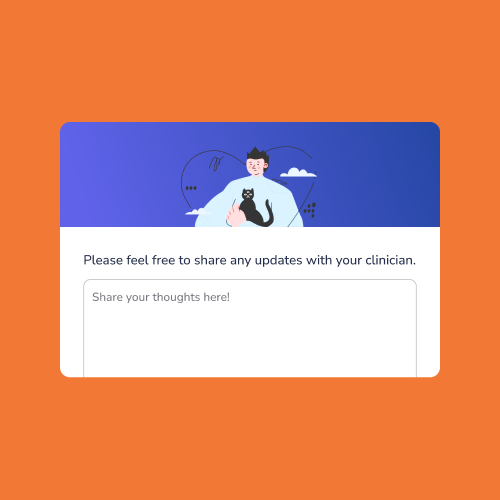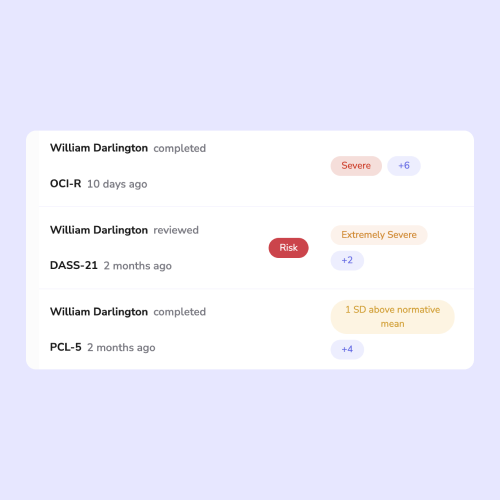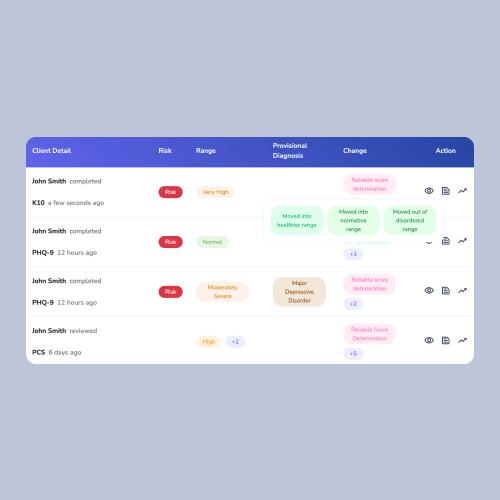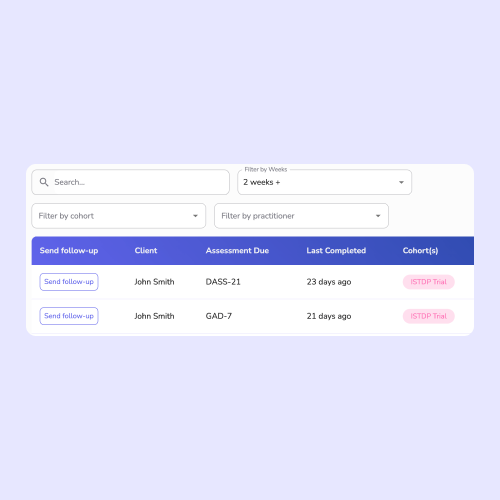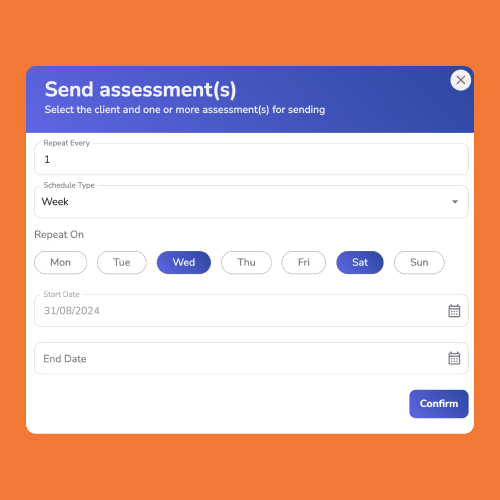Practice Analytics
Know the Big Picture
With Measurely, it’s easy to monitor overall treatment outcomes for your practice. You can analyse outcomes for patients based on characteristics like their age group, gender, or cohort. Or you can explore outcomes related to a specific practitioner, outcome measure, or psychological issue (e.g. Depression).
When you investigate a type of treatment outcome (e.g. clinically significant improvement) and apply your filters, Measurely uses plain English to indicate the number and percentage of patients who have achieved that outcome. You can quickly identify who these individuals are.
Additionally, it’s possible to calculate the average score change from the beginning to the end of therapy—across all patients or for specific groups. This data will aid in understanding the typical degree of symptom improvement that most patients experience during treatment.
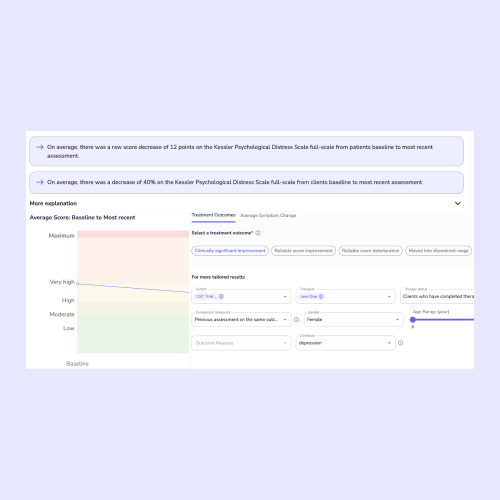
Know Where Your Practice Stands Clinically—Not Just Administratively
Every business needs to comprehend the big picture, which involves collecting data on key outcomes for future planning. It’s no different for mental health treatment settings. They have invested money, time, and expertise into helping their patients and need to ensure that everything is progressing as expected.
Are team members more effective with one type of problem than another? Is there a specific patient group that tends to discontinue therapy prematurely? Answering these questions facilitates the selection of the right focus for continuing professional development (CPD) activities and supervision.
Practice management software excels at keeping things organised but often fails to provide insights into the clinical state of affairs within your practice. Measurely bridges this gap by catering to the needs of busy mental health professionals who seek to understand their treatment outcomes but lack the necessary resources and time. Measurely offers valuable data that brings clarity and direction to your practice, ensuring that you recognise the value delivered to your patients. Additionally, this data can boost your marketing efforts by highlighting your expertise in specific areas.

